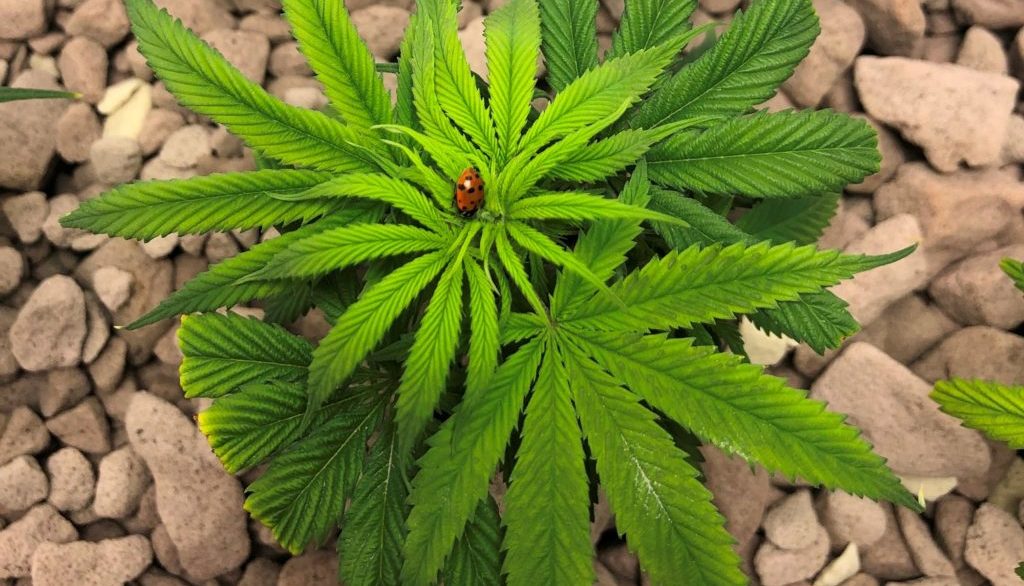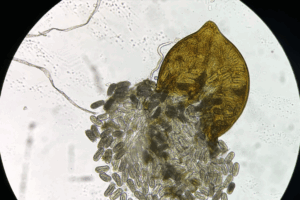As a result of changing government policies and shifting societal attitudes hemp is enjoying a resurgence in the United States after a 60-year absence from the portfolio of cash crops available to the agricultural sector. Throughout the 1940’s, hemp was an important source of grain and fiber used in a variety of commodity products and valuable materials. The disappearance of the crop was driven by a number of factors resulting from globalization and competition from petroleum-derived alternatives, as well as the well-known linkage to drug policy.
The policy constraints on hemp were first loosened in 2014 and again in 2018 with the Agricultural Improvement Act, effectively opening the door for commercial production of the crop. This has generated considerable interest from the agricultural sector across the nation, including farmers in Tennessee. The University of Tennessee Institute of Agriculture and its team of elite scientists, engineers and outreach specialists are committed to advancing the opportunity this new crop represents.




















